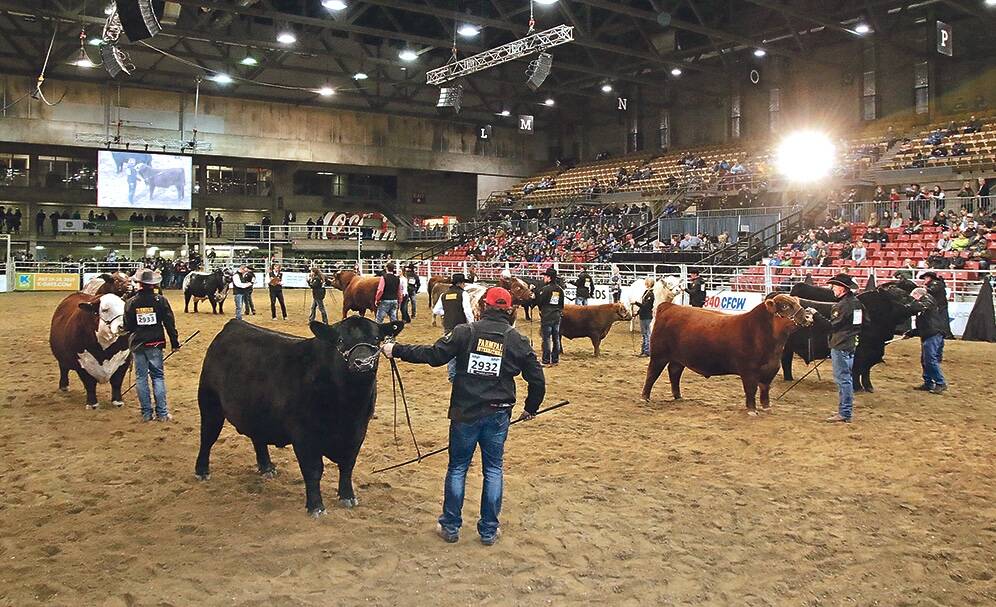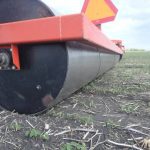The year dawned with CN and CP Rail insisting they were doing an excellent job moving grain, and weren’t to blame for plugged elevators and empty freighters anchored on the West Coast.
It proved to be a spectacularly ineffective bit of PR.
Everyone knew moving the all-time-record harvest of 2013 would be a challenge, and a bitterly cold winter added to it. Early in the winter, Agriculture Minister Gerry Ritz even said the railways were doing an “adequate” job of moving grain.
That sort of talk evaporated as the railways loudly blamed the weather, grain companies, and the rest of the supply chain — and to boot, ridiculed calls to add more grain cars.
Read Also

Farmfair International boosts accessibility with weekend schedule shift
Farmfair International is changing its scheduling format to include the weekend and hopefully attract even more attendees.
“If you throw more automobiles onto a freeway at rush hour than the freeway is able to handle, what you end up with is congestion,” said a CN spokesman.
CP Rail boss Hunter Harrison took another big poke at the hornet’s nest in March by taking out full-page ads in the Globe and Mail and National Post to “set the record straight.”
Days later, Ottawa issued an order-in-council, telling both railways to each move 500,000 tonnes weekly or face fines of $100,000 per day.
But it wasn’t just entirely self-inflicted wounds by the railways.
Farm leaders, with Albertans at the forefront, launched a fierce lobbying effort behind the scenes, appeared before Parliament’s agriculture committee, and even issued a call for farmers to confront their local MPs.
Working co-operatively would be best, but given their attitude, “maybe that is the best thing, to penalize the heck out of the railways,” Acme producer Matt Sawyer, then vice-president of the Grain Growers of Canada, said in February.
But Sawyer also looked to the future, noting 2013’s harvest record may not stand for long given how western Canadian farmers are pushing up yields.
“We produced a bumper crop using the best science and technology available to feed the world, and our transportation system needs to be responsive,” he said.
Reforming rail legislation is key to that, said Kent Erickson, chair of the Alberta Wheat Commission. And that means putting in some teeth so Ottawa doesn’t need to pass temporary orders-in-council, the Irma producer said in August.
“There should be a penalty that CN and CP get charged for not bringing (rail cars) on time. If CN promises 500 cars a week to Cargill, it needs to bring 500 cars instead of 400 cars.”
But there’s another, less discussed, issue looming in the background.
While the order-in-council had its desired effect and resulted in massive grain movement, officials from Quorum Corp., Ottawa’s grain monitor, have been warning the system is pretty much running at max capacity.
“This really isn’t just a problem that was faced last year because of the large crop and the cold weather,” Bruce McFadden, Quorum’s director of research, told producers in Lacombe in late November.
“When any disruptions take place, there’s just no ability to recapture any of the lost capacity.”

















